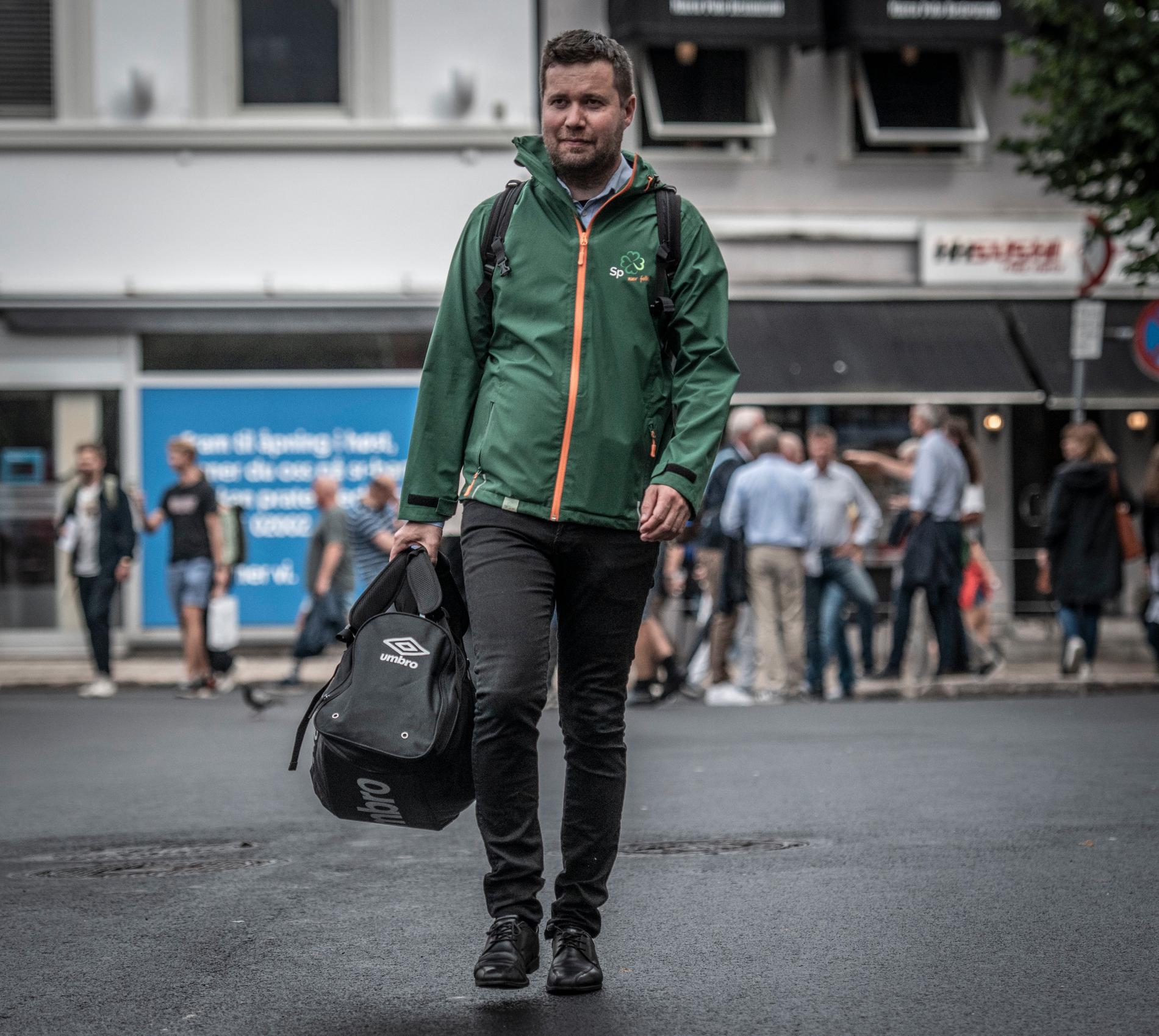The Center Party’s parliamentary group will not accept either a generational ban on tobacco or a ban on flavored snus. That is what parliamentary deputy leader Geir Pollestad (Sp) says to VG.
– It is out of the question for the Center Party’s parliamentary group to advocate a ban on snuff and tobacco, says Pollestad to VG.
On Thursday afternoon, VG wrote that the government has discussed banning flavored snus and is considering refusing future Norwegians to buy tobacco – for life.
– Norway has been a country that has taken the lead in public health work. It is important for us to tighten the framework and direction, said health policy spokesperson and Storting representative Hans Inge Myrvold (Sp) to VG.
He announced a “tightening” of Norwegian tobacco policy in the Public Health Report, which Minister of Health Ingvild Kjerkol (Ap) presents in March.

– Prohibition line
Pollestad is parliamentary deputyparliamentary deputyParliamentary deputy leader means the deputy leader of a political party’s parliamentary group. in Sp, and says that the parliamentary group opposes two of the possible measures that VG mentioned:
- A generational ban on tobacco, meaning that those born after a certain date will never be able to buy smoke or snuff. In 2022, New Zealand passed a law that those born after 2008 will never be able to buy tobacco products, according to the BBC. According to VG’s information, the government is considering this measure.
- A ban on flavored snus. The Cancer Society proposes in its input to the Public Health Notice that “characteristic flavors that appeal to young people” be banned. VG was informed that it is this type of taste that the governing parties have discussed a ban on.
But now the government is getting a clear message from its own ranks:
– It is desirable to reduce tobacco use in society. Measures for this must be presented in the public health report, but the Center Party’s parliamentary group clearly says no to a prohibition line, says Pollestad to VG.

According to VG’s information, the governing parties are also considering introducing more smoke-free places in society.
In 2004, indoor smoking in restaurants was banned. The so-called smoking law was controversial when it was adopted, but was a great success: The number of people who smoke daily has fallen from one in three in 2001 to seven percent in 2022.
Since 2004, there have been several restrictions on where smoking is allowed in Norway.
This month it became known that Finland is considering banning smoking in outdoor restaurants and at home for those who live in apartments. In 2022, they introduced a ban on smoking on playgrounds and public beaches.
A possible proposal for more smoke-free zones does not arouse as strong reactions from Pollestad and the parliamentary group:
– I do not want to take a position on concrete proposals, beyond stating that a ban is not relevant, he says.


